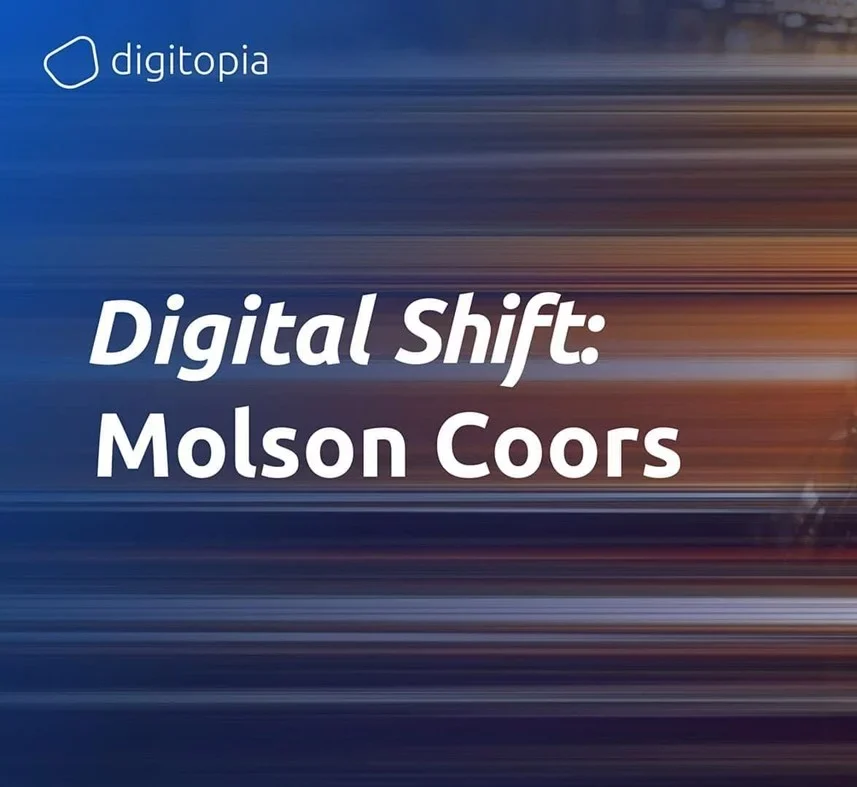
The Molson Coors Beverage Company, commonly known as Molson Coors, is a multinational drink and brewing company headquartered in Chicago, Illinois. Molson Coors was formed in 2005 through the merger of Molson Canada, and Coors USA.
Until 2019, Molson Coors’ sales were in decline. The subsidiary, MillerCoors, was losing more than 1 million barrels of beer per year in sales in the highly competitive beer market. Thus, Molson Coors launched its “revitalization plan” to get back in the game. The plan included slashing more than 800 jobs, streamlining its business lines to two from four, investing in its breweries, and widening its product portfolio by moving beyond the beer market.
The plan shows effectiveness as the company aims for long term revenue and strong EBITDA growth. The industry was hit by the pandemic as Molson Coors Beverage annual revenue for 2020 was $9.654B, a 8.75% decline from 2019. Despite the decrease in net sales, the company has proven a strong financial outlook for 2021. Coors’ CEO Gavin D. Hattersly stated “The fact is, our plan is working.”
Differentiation from the Industry
One of the critical components enabling this shift is Molson Coors’ customer centricity. The company soon realized that the beer market was overcrowded with competitors brewing day by day. Realizing the demand for no-alcohol and low-alcohol options in the market, Coors leveraged its ecosystem to co-create new products through partnerships. The most notable partnership is with the Coca-Cola Company on producing hard seltzers in the United States.
However, penetrating adjacent markets with different product lines does not mean that they left their core beer business behind. The company is constantly innovating with new flavors and malt products, aligning with consumer’s desires. Brands Vizzy, Coors Seltzer, and Blue Moon LightSky are three of the top 20 best-selling new innovations in beer and flavored malt beverages, YTD. Moreover, Molson Coors was aggressively growing its above premium portfolio in the past years and buying some of the craft local breweries to accomplish portfolio premiumisation.
This constant innovation and premiumisation are only achievable with strong operational capabilities. The first step of the revitalization plan was to improve the core breweries by investing more than $150 million dollars to equip the plants with state-of-the-art technologies. Featuring new canning lines and a best-in-class filtration system at the company’s Fort Worth and Milwaukee breweries, Molson Coors will be able to quintuple its production of the new products as well as other beverages in Molson Coors’ rapidly growing portfolio.
Also, the company is augmenting their supply chain, including the increased utilisation of digital solutions that leverage data and technological capabilities to repurpose effort away from transactional activities. This empowers employees to make data-driven decisions, evaluate outcomes and quickly adjust course to achieve continual improvement against key performance measures.
Molson Coors’ aims to make its packaging 100% recyclable, reusable or compostable by 2025, mitigating 20% of CO2 emissions from its value chain. This is actually one part of a bigger agenda for the company called, “Imprint 2025,” which outlines the sustainability, transparency, and accountability goals of the company as an alcoholic beverage manufacturer. The company’s 18 out of 28 major brewing facilities now send zero waste to landfill.
Moreover, Molson Coors has established a set of rules for its suppliers including its expectations on environmental sustainability, fair employment, community responsibility, ethical business practices, human rights and sound commercial standards to create an ethical supply chain.
The Digital Edge
Innovation is at the heart of Molson Coors. The company constantly leverages the ecosystem partners to create new products, flavors, and even packaging. With a customer-centric approach to innovation, MillerCoors recently introduced aluminum pint bottles for some of the brands. The aluminum pint packaging can be resealed after opening, making it perfect for outdoor occasions. The pints also display the cold-activated mountains designed to tell drinkers when their beer is cold.
Taking innovation further, Molson Coors has established its venture capital, called TAP Ventures, to drive growth with new technologies, penetrating new markets, and accessing new resources.
To enable customer centricity, constant innovation, and operational efficiency; the company has embraced data and analytical capabilities as its North Star. To get to know their customer better, the company launched an e-commerce platform aiming to integrate with social media for frictionless purchase options. On the operational end, Molson Coors can trace its supply chain in real-time to mitigate risks depending on harvest factors. Also, the company uses data to set standards for farming techniques, improving yield in the long run.
Incumbent Stance on the Journey
Molson Coors is a great example for incumbents to take action. The company has set a turnaround plan to strengthen its financials, stay relevant and competitive in today’s market.
The company has embraced a customer-centric approach to renovate their brand image. By expanding to adjacent markets through partnerships, Molson Coors fights to reinstate its brand-value in its core market through constant innovation with partnerships. The company has heavily invested in its operational capabilities to keep up with this change.
And at the centre of all these decisions is data and analytics. The company has internalized the value of data to generate insights on all fronts. Overall, with the help of analytics, Molson Coors went into offense mode on the customer, operations, and innovation dimensions to create a competitive edge.
The Digital Maturity Connection
Most digital transformation programs focus on customers, customer experience, and customer analytics. The better you know your customer, the better you are likely to serve them. With the right product at the right time, in the right place, with the right promotion, is now just a matter of calculated algorithms in microseconds. Coors has innovated its operations to tailor to their customer needs – all with digital capabilities. Is your company capable of doing the same?

